Types of paint, its uses and applications 9
Types of paint, its uses and applications
Painting has the power to transform your home into a dream home.
But how do you find the perfect paint for your home project?
What will the end look like?
Do the exteriors need a different type of paint?
What are the different types of paint you can use?
Understanding different paints and their functions is just as important as hand-picking shades to paint your wall and furniture colors because the quality and finish of your wall paint will bring your ideas to life Life.
Here is a simple guide created by our experts on 9 commonly used types of paint and their applications.
Types of Paint
 1. Oil paint
1. Oil paint
Paints are divided into two categories – oil paints and water-based paints.
Oil paints are usually used as a primer, undercoat and finish.
In the past, oil-based paints were relied upon heavily due to their durability and longevity on surfaces, but water-based paints are now on par.
Oil paints are known for their luster and durability, and have a rich finish, waterproof properties and long-lasting capabilities.
Applications, benefits and tips to consider when choosing oil paint:
Use it on metal, walls, doors, windows and stained surfaces for durability
Highly recommended for cutting work
Use in non-humid areas because drying time takes more than 24 hours
Easy to clean and easy to apply
Expert advice:
Oil-based paints are best suited for wood and metal surfaces for home projects because of their durability and strong adhesion.
 2. Emulsion paint
2. Emulsion paint
Unlike traditional oil paints, the majority of emulsions are water-based paints with quick-drying properties.
It is a popular choice for painting contractors because it is alkali-resistant, rich in texture and has stronger color retention, making it a long-lasting paint choice.
As a homeowner, your biggest advantage with water-based emulsions is that they leave no odor and dry quickly.
Acrylic emulsions provide your home with beautiful resistance to cracking thanks to their versatile finish that flexes over the years.
Did you know that sunlight can cause your wall paints to fade?
But don’t worry, acrylic emulsions resist this too.
Applications, benefits and tips to consider when choosing emulsion paint:
Resistant to mold and mildew.
Low on volatile organic compounds (VOCs), making it a good, non-toxic choice
Easy to apply on exterior walls and interior walls as well
Offers a range of wall finishes like satin, eggshell, glossy, matte etc.
Emulsion painted walls are easy to clean, so let your kids loose!
Emulsions vary from weather protectants to ultra-fine luxury interior finishes (take your pick!)
Expert advice:
Water-based acrylic emulsions are low in VOCs, do not emit fumes and are good for the environment compared to oil paints.
3. Enamel coating
As an oil solvent, enamel paints have the main qualities of oil paints such as slow drying capabilities and hardness.
It is an expensive option for the homeowner, but enamel paints also offer high durability, strong adhesion, and provide a glossy finish that is water and stain resistant.
Applications, benefits and tips to consider when choosing an enamel paint:
Ideal for wet and damp spaces such as bathrooms and kitchen counters
Best for walls that need protection
Popular in wood, metal and window work
Provides good coverage, firmness and color retention
Long-lasting choice for some wood and metal surfaces
Expert Tip: If you prefer water-based paints, there are water-based enamel paints specifically designed for metal and interior gloss to meet your standards as well.
4. Bituminous coating
Besides common paints, there are many types of industrial paints used for painting pipes, irons, wood and outdoor work.
Featuring a black, tar-like appearance and good alkali resistance properties, bituminous paint is formulated using melted asphalt and/or tar.
Although this type of paint is waterproof, it is generally not suitable for areas exposed to the sun, as it deteriorates in sunlight.
To achieve a specific color, pigment can always be added to this type of paint.
Applications, benefits and tips to consider when choosing bituminous paint:
Provides a protective layer, waterproof, weather-resistant, chemical-resistant and corrosion-resistant
Ideal for metalwork, piping, woodworking, and underwater structures
Ideal for exterior facades such as stairs, columns and other ironwork
Helps provide rust resistance when using metals
Expert Tip: Best for underwater work and long-lasting properties
5. Aluminum paint
Aluminum paint is a type of paint finish that is made by mixing aluminum particles or flakes with oil/spirit varnish.
The type of varnish can be used as per requirement as spirit varnish results in shorter drying period.
The benefits of using this type of coating are electrical, weather, corrosion and water resistant.
Aluminum paints give a silvery finish and are strong and durable because of the resin in them.
Applications, benefits and tips to consider when choosing aluminum paint:
Used for hot water tanks, hot pipes, construction, oil tanks, etc.
Used for metals and woods as well
Renowned for being resistant to electricity and corrosion
Expert advice:
If you look around, you may notice that most masonry and radiator tanks have an aluminum coating.
6. Anti-corrosion coating
Made from corrosion-resistant elements such as linseed oil, zinc chromium and fine sand, anti-corrosion paints are ideal for metal surfaces.
As its name suggests, it helps prevent corrosion on various surfaces, especially those of a metallic nature.
Applications, benefits and tips to consider when choosing anti-corrosion paints:
It is used for steel and iron works
Mainly used for pipes, outdoor structures and metal works
It is cost effective, black in color and a strong and long lasting option
Expert advice: It is used to coat industrial products to protect them from rust, chemical or environmental deterioration due to their properties
7. Synthetic rubber coating
Synthetic latex paints are made by dissolving synthetic resins and adding suitable pigments and solvents to them. Any color can be obtained due to the addition of dyes.
You will find this coating on concrete surfaces, walls and floors because it is resistant to weathering and has properties that make it resistant to alkalis and acids as well.
Applications, benefits and tips to consider when choosing a synthetic rubber coating:It dries very quickly and maintains consistency and uniformity over large areasIt is cost effective, chemical resistant and weather resistantWidely used on Concrete walls, large surfaces, floors, flooring, etc.It will be long lasting despite weather and surface erosion
8. Cement mouth
Traditionally known as whitewash or cement paint, Nesembre paint is a type of paint consisting of lime, chalk, pigment, water and glue.
It is one of the oldest types of paint.
Contemporary versions of it are in paint form, or other traditional versions are available in powder form and need to be mixed to apply to walls.
Applications, benefits and tips to consider when choosing cement paint:Expert Tip: Go for a clear, water-based paint that will give you an excellent finish and durability
9. Specialty Household Paints: Long lasting and protects longer
You may have heard about anti-fungal paints, waterproofing, and crack sealing.
There are specific types of house paints for exterior and interior walls that focus on protecting walls from climate conditions, household situations, wear and tear.
From UV-resistant, water-based exteriors to comprehensive weather protectants, /span>
Specialty house paints target wall and climate concerns with aesthetic value as brownie points.
Here’s a special mention to healthy and eco-friendly home paints for interiors as well
, which is specially designed for a safer environment without harmful chemicals and fumes.
Applications, benefits and tips to consider when choosing a specialty house paint:
Ideal for outdoor spaces, buildings and weather-exposed areas
Easy to apply and high coverage material
Targets specific concerns such as algae and dust issues, longevity, climate, etc.
Functional yet aesthetically pleasing
Expert Tip: Here are a collection of humid and monsoon-prone areas in India that need exterior painting.
Conclusion: What are the different types of paints?
Each paint has a unique set of uses or applications. Here is a quick summary of the different types of paints and their various purposes and applications:
Oil paints: a flexible choice
Emulsions: long-lasting beauty
Enamel: Selective
Bituminous paint: Choose waterproof
Aluminum coating: Recommended for industrial uses
Cementitious paint: whitewash of choice
Special coating: long lasting and protects longer
 Jotashield Tex Acrylic Jotun
Jotashield Tex Acrylic Jotun
We are pleased that you visit our social media pages, where we publish exclusive offers on our website.
Our Facebook page Here.
Our Twitter account Here


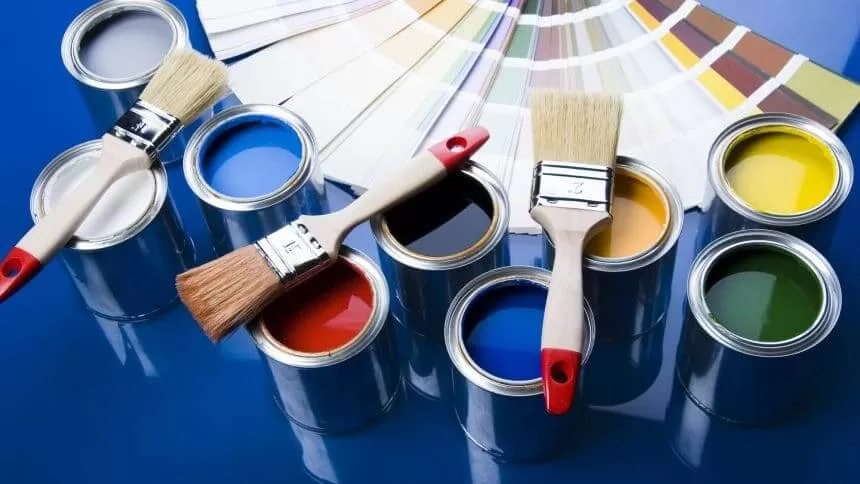
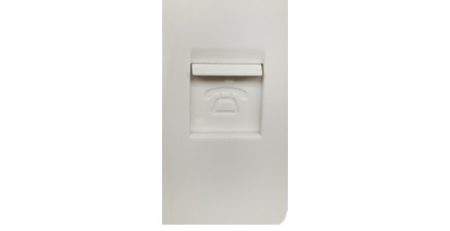
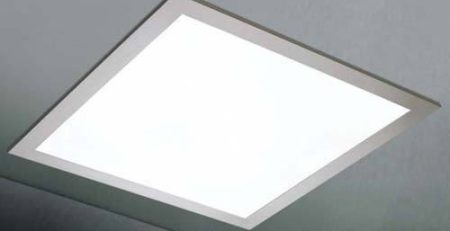

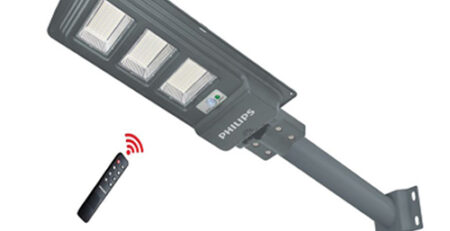
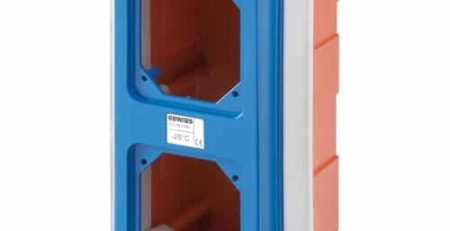


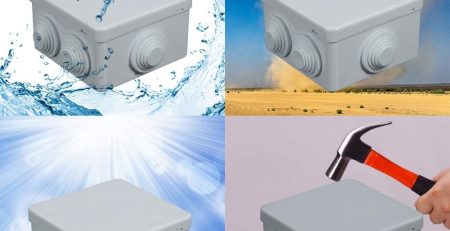
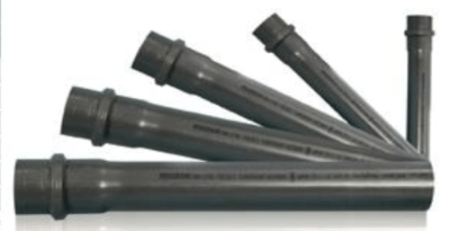

Leave a Reply
You must be logged in to post a comment.